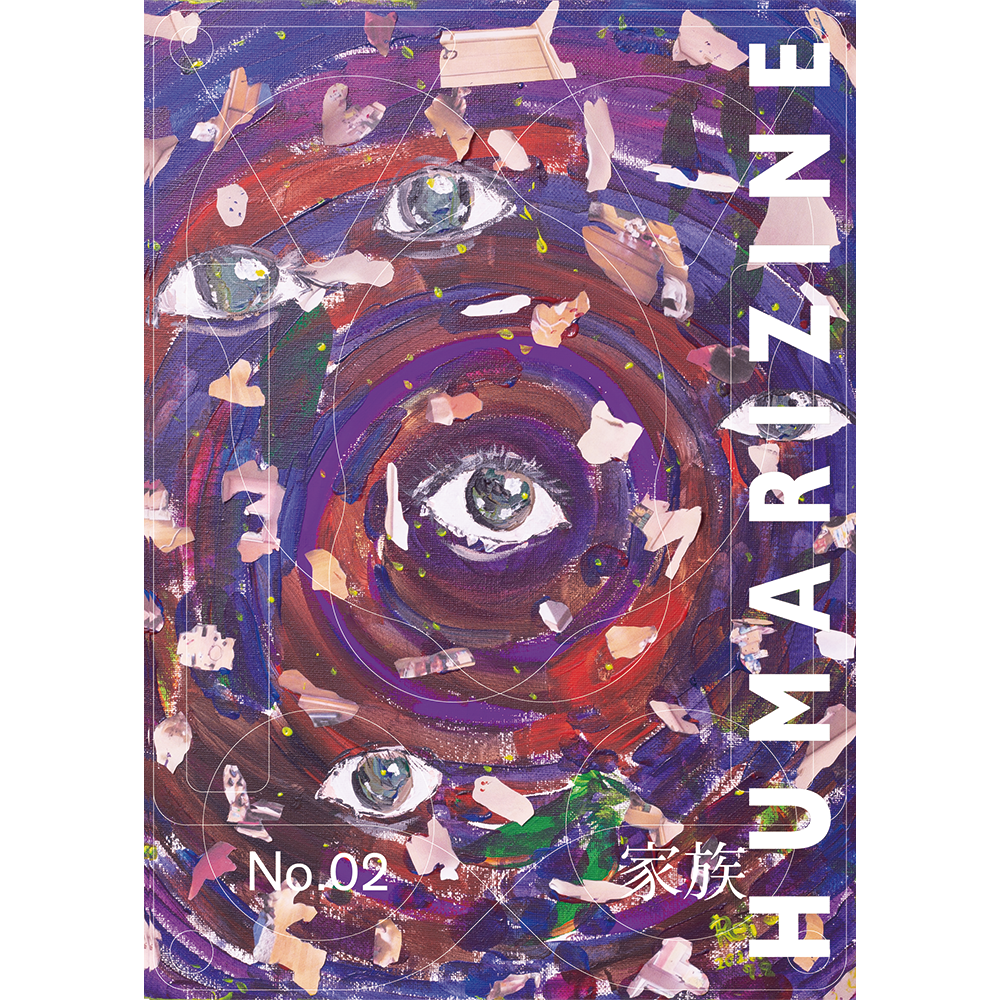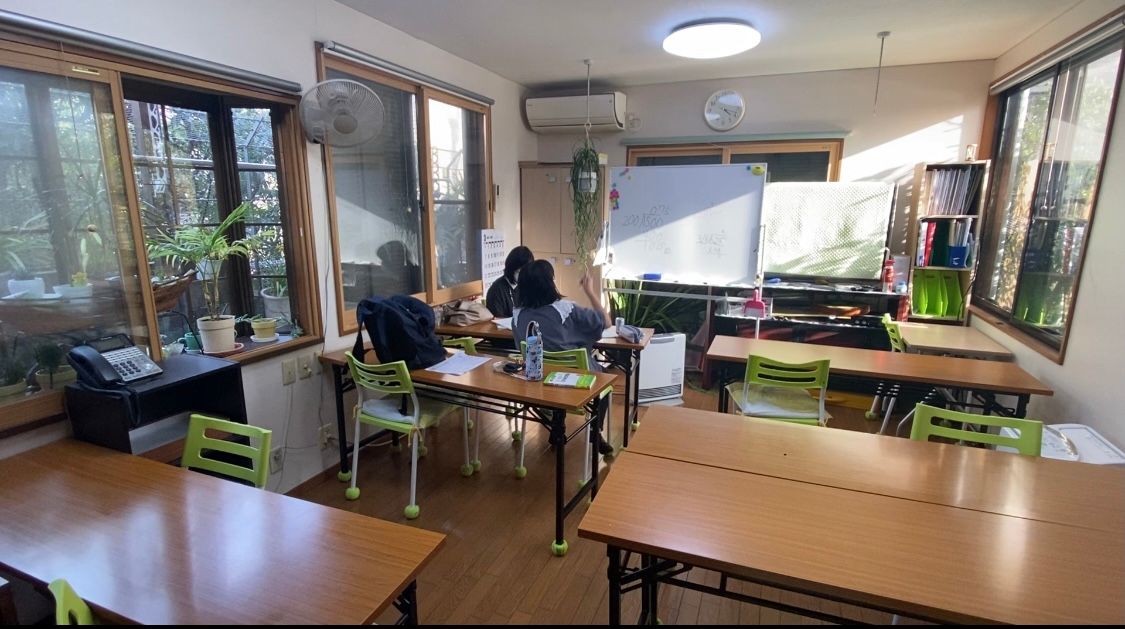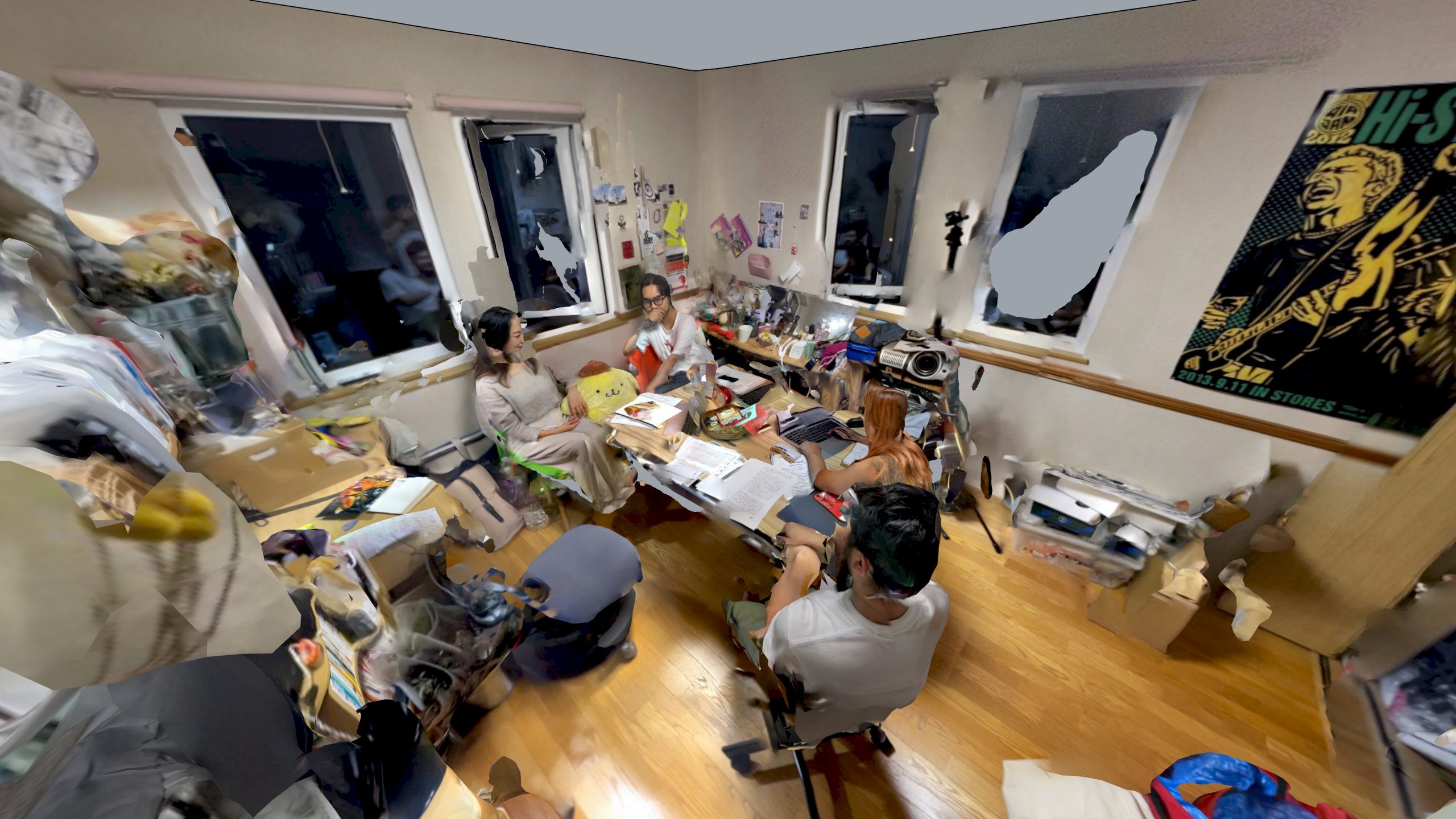Foreword
ReiponThe reason I founded HUMARIZINE is because I wanted to create a community of people that I can trust, and strive through life together. Since I was young, I have never been able to truly believe in my “family”. It has been so ever since I can remember; my “family” being the community both closest to me and furthest from me. My bleached hair and the icon engraved on my body are the results of me elevating my distrust for them. I used them as a kind of symbol, or amulet to help me live my own separate life.
On the other hand, you could say that I always had a strong admiration for a unique, family-like community. Someone that was different from just a friend, more than just a lover. What I wanted were relationships that could transcend those frameworks, in which we could build a life together in the midst of shitty times.
Through Humarizine, I want to see the future, in which I have invested the faintest of hope. If I had been completely happy with my life, I would have probably not created it in the first place. HUMARIZINE started two years ago with myself and Matsuoka, then Sano and Muramatsu joined the editorial team last year, and from there the community expanded, enriched with nine contributors. After the last issue of “ORIGIN” the role of Humarizine has gradually become clear to me, as a medium to present the practices and ideas of people of our generation to the society. Words such as “polyphonic” and “ad hoc” have also emerged to describe its aspects.
However, we have not yet been able to articulate in concrete terms what kind of community we want to aim to create. What I would like to discuss with everyone in this issue, is the term “community” and also “family” – the reason behind me searching for a community. According to the Kojien dictionary “community” and “family” are as follows.
【Community】A mode of human communal living based on blood, location, emotional ties or ownership. There is therefore mutual aid and regulation. It is distinguished from an organization that is formed to achieve a specific purpose. Cooperative. “village community,” “common destiny.”
【Family】A small group established on the basis of kinship relationships, such as the marital relationship between husband and wife or the blood relationship between parent and child or siblings. The basic unit of social structure.
From the above definitions, a family defined by blood relations is a community, and a group that is bound emotionally like HUMARIZINE is also a community. However, I cannot help but feel that there is a great difference between a family bound just by blood, and a community bound by emotion and empathy like HUMARIZINE.
In this issue, I hope to reconsider what differences there are and what is creating them. That would definitely help us develop the HUMARIZINE community, and may also give me a hint as to how to deal with my very own family. I have tried and failed to confront the idea of a family before, as I am yet to digest all my personal experiences. However, this time I have no choice but to, since Matsuoka and I have gotten married, becoming a family on legal terms. Of course, we can stay together whether or not we are husband and wife, but it is true there are restrictions if our status is “not married”. In order to learn something from our choices, we feel obliged to rethink what an ideal community looks like.
This issue was created by, Sano – who has contributed from the last issue, and new members: Kusaka, and Sekiguchi. These members have been my friends from the start of university, always getting along well and respected each other. In this issue, we welcome them in rethinking the concept of “family” from various studies, and discussing the process of co creating Matsuoka and my wedding and our thoughts surrounding it.
The first interview in the issue about Matsuoka and I from when we met until now, is composed by three members who we have been close to us since the beginning of our relationship, which extends to other contents that are mentioned throughout the conversation. The issue is concluded with a summary of this issue’s “family” or “community,” which will be derived from a dialog among all the members.
From the current situation that I write this foreword in April, the political situation may change, altering some parts of the wedding we are currently planning. At the same time, working on this “Family” issue with the five editorial members in the midst of all this will bring about all kinds of changes in their heads. What kind of “family” and “community” will we be envisioning in July when it is published? I will be facing it as I head to the wedding ceremony.
April 2021














